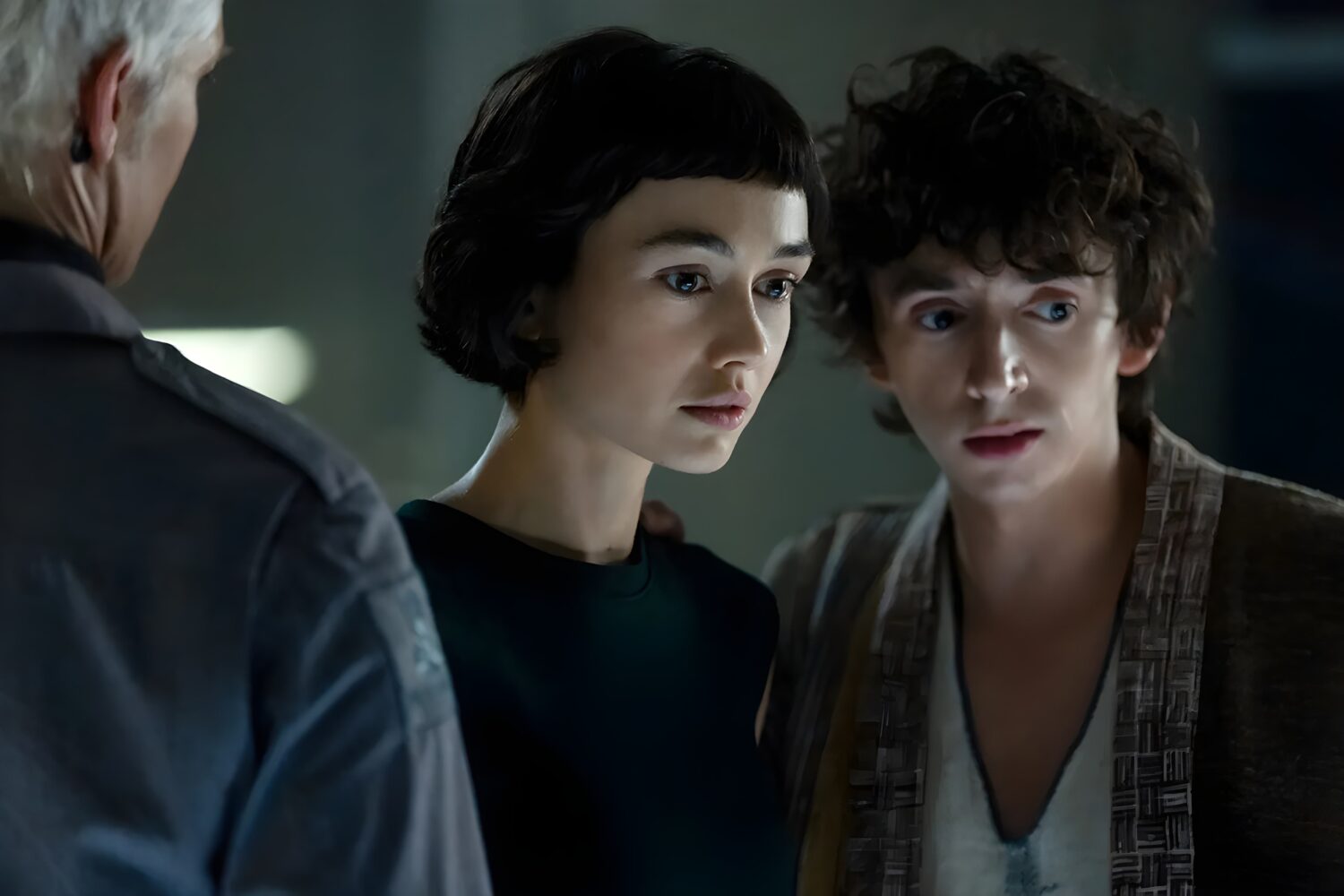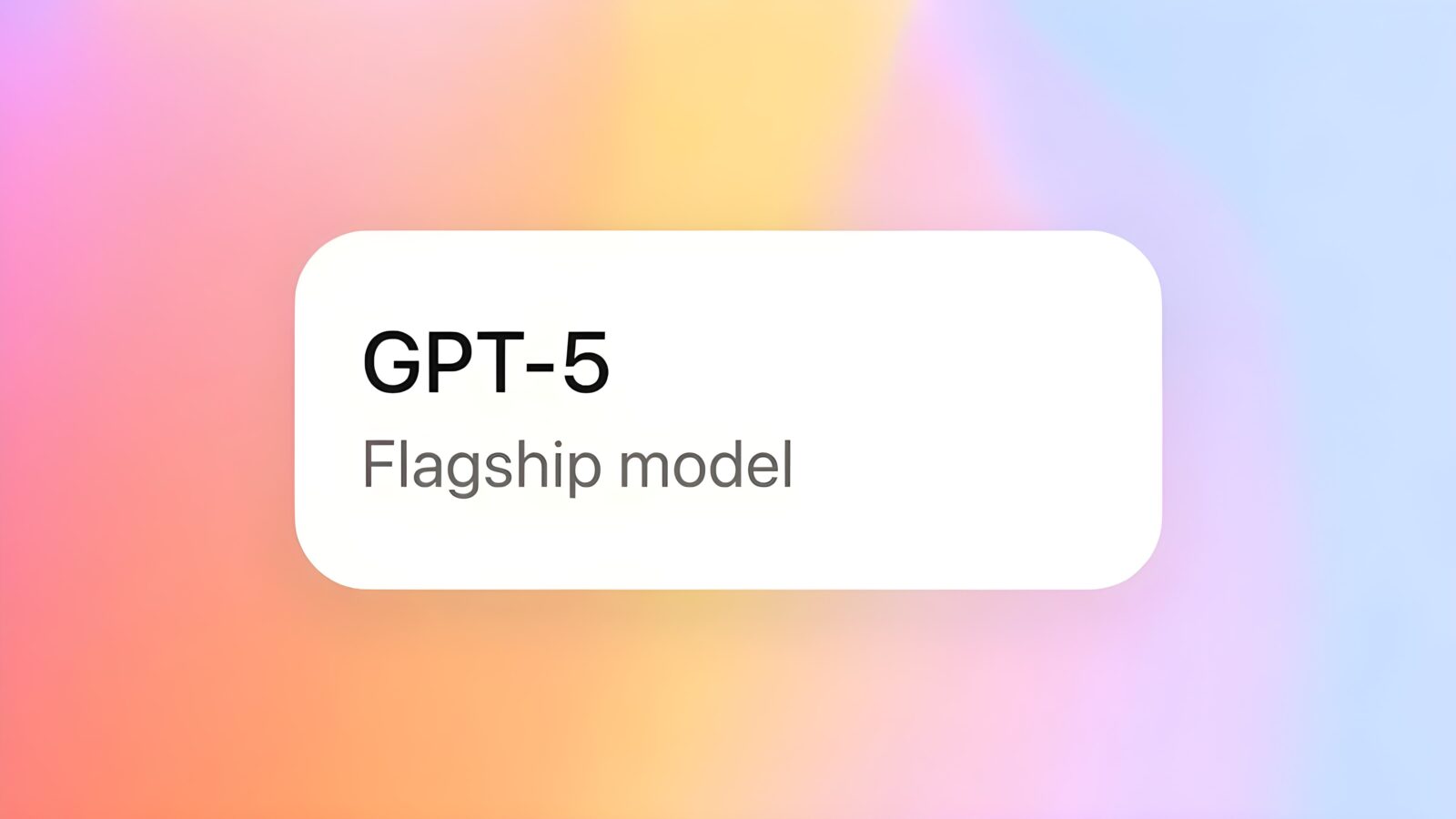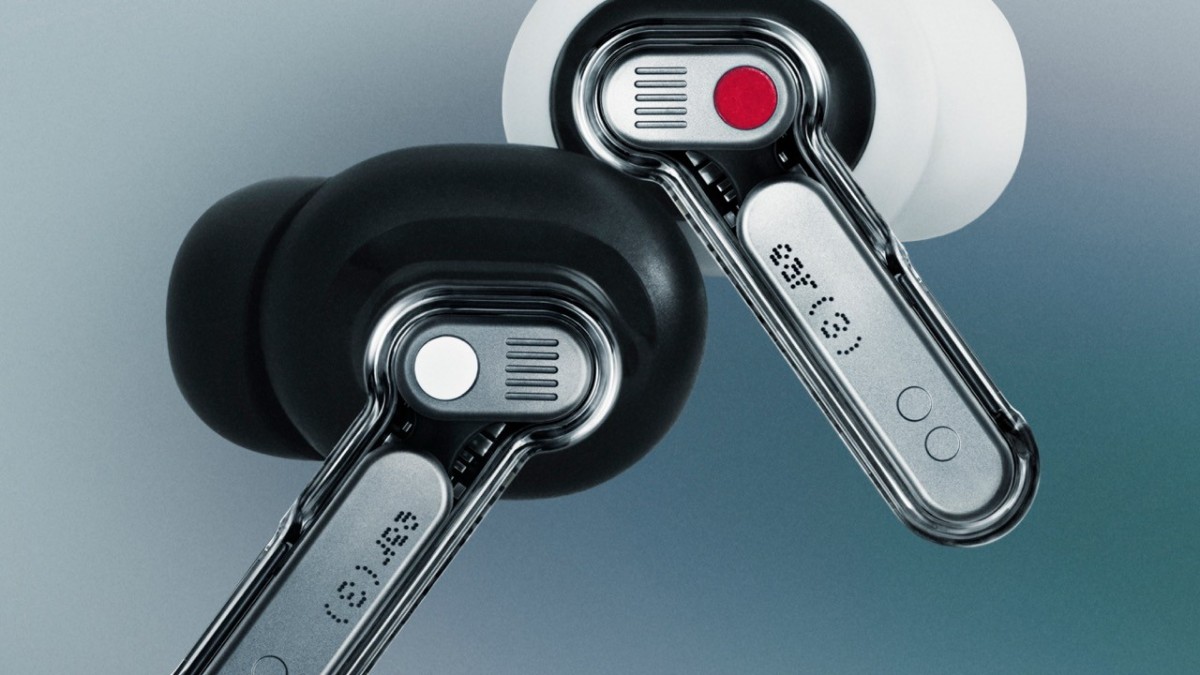TL;DR:
Wendy chitters her way into a shocking alliance with a xenomorph, Arthur goes out in a chestburst of tragedy, and Boy Kavalier makes Pi into a nightmare math lesson. Episode 7 is a bold, bloody game-changer.
Alien: Earth
I’ve been watching Alien: Earth with the kind of anxious energy usually reserved for waiting in line for roller coasters I know I’ll regret. Noah Hawley has turned FX’s shiny little spinoff into something between a fever dream and a late-night forum argument brought to life, and I mean that in the best possible way. Each week, I think I’ve got the trajectory mapped out—the classic beats, the inevitable betrayals, the chestbursters cued up like macabre jump scares—and then the show yanks me sideways into a subplot about psychic sheep or traumatized hybrids mourning their discarded human bodies.
Episode 7, aptly titled “Emergence”, feels like the show finally cashing in on six hours of slow-burn setup. It’s not just about body horror or corporate dystopia anymore; it’s about Wendy stepping into her terrifying, empathetic power and deciding, in the most chilling and oddly beautiful way possible, that sometimes survival means teaming up with the very monster everyone else is running from.
And dear reader, I have to admit: I didn’t see that alliance coming, even though, in retrospect, the writing has been etching it into the walls since episode one.
When Escape Plans Collide with Body Horror
Let’s get the practical recap out of the way before I spiral into metaphor. Wendy, Joe, and Nibs are done playing lab rats. They’re ready to flee Neverland, Prodigy’s island research prison where hybrids are treated like test subjects with bedtime stories. It should be a straightforward jailbreak, but of course, this is Alien, where “straightforward” means you’ll end up dragging your friend’s corpse down a corridor while alarms blare and something with too many teeth hatches nearby.
Slightly and Smee stumble into the horror of Arthur’s facehugger encounter, and their panic is some of the most tragically believable writing in the series so far. They’re kids in synthetic shells, trying to make moral choices with the weight of their “families” dangling over them like corporate nooses. Do you save a friend? Do you lie to soldiers? Do you pretend the alien parasite isn’t pulsing under his chest because the truth is too grotesque to say out loud? Hawley thrives in that liminal zone where survival horror meets playground politics.
Meanwhile, Boy Kavalier, the mad scientist who makes Peter Pan look like a guidance counselor, decides it’s time for the “eye alien” to evolve. Because obviously the one thing this show needed was a Lovecraftian octopus-sheep hybrid casually solving Pi on command. It’s absurd, it’s chilling, and it’s exactly the kind of flex that makes me remember this isn’t Ridley Scott’s Alien. This is something stranger. Something willing to gamble with the franchise’s sacred mythology.
Wendy and the Xenomorph: A Bond Forged in Blood
Here’s where the episode pulled the rug out from under me: Wendy doesn’t just unleash the caged xenomorph as a distraction. She communicates with it. She chitters. And in a moment that hit me like a cold rush of adrenaline, the alien doesn’t kill her. It listens.
I’ve seen every iteration of Alien—from Ripley’s flamethrower standoff in Aliens to Michael Fassbender kissing himself in Covenant. Never, in decades of chestbursting lore, have we had a moment where a hybrid human and a xenomorph reach something like mutual recognition. It’s not friendship, exactly. It’s not even dominance. It’s survival, redefined.
Watching Wendy reach out and place her hand on the creature’s blood-slicked head was like watching a new canon crystallize in real time. For all the corporate meddling and fan-service cameos (yes, Sigourney Weaver still reigns supreme), Alien: Earth just carved out a scene that will haunt the fandom debates for years. Is Wendy weaponizing the alien? Is she mothering it? Or is she, in a way, becoming the xenomorph’s equal?
I don’t know, but I haven’t stopped thinking about it.
The Tragedy of Arthur (and the Chestburster That Got Away)
Arthur’s death is, on paper, predictable. We’ve been waiting for that facehugger to do its dirty work since last week. But the way the show handles it—the quiet horror of Slightly trying to shepherd him toward safety, the desperate lies about gas leaks, the inevitable collapse into chestbursting chaos—feels less like spectacle and more like ritual.
And then there’s that tiny, skittering alien sprinting into the brush. It’s such a classic franchise beat, but in this new context, it plays differently. This isn’t just another monster on the loose. This is the byproduct of a broken family, a reminder that innocence on Neverland is always temporary, always one heartbeat away from carnage.
The fact that Weyland-Yutani troops literally rise from the ocean like undead commandos seconds later? Chef’s kiss. The show knows when to layer pulp on top of tragedy.
Boy Kavalier’s Mad Ambition
Let’s take a moment to appreciate Boy Kavalier, who might be my favorite villain the franchise has produced since Paul Reiser’s smarmy company man in Aliens. There’s something almost endearingly pathetic about how much he wants to play god. The sheep/eye/octopus alien literally stomps out numbers in response to Pi, and instead of running for the hills, Kavalier wants to feed it a human body.
He’s not just a megalomaniac. He’s a true believer—the kind of man who would watch Cthulhu rise from the waves and start pitching it a startup idea. That’s what makes him dangerous. And, of course, perfect for this series.
Violence as Dialogue
The woods sequence might be one of my favorite action beats in the Alien canon. Soldiers surround Wendy, Joe, and Nibs. Guns are raised. Threats are made. And Wendy, instead of panicking, calmly chitters.
Cue the xenomorph dropping from a tree like a vengeful god. The carnage is fast, brutal, and oddly intimate. The camera doesn’t just show bodies torn apart—it shows Wendy leaning into the creature’s dripping face, as if confirming their pact. When Joe asks what she said and she replies, “Hide and follow… I think,” it’s one of those lines that belongs in the pantheon of franchise quotes.
It reframes the xenomorph not just as predator, but as co-conspirator. And honestly? That terrifies me more than anything Scott or Cameron ever put on screen.
A Brutal Cliffhanger
The dock sequence delivers the final gut-punch. Nibs, robbed of her toy, snaps like a feral beast and rips a soldier’s jaw clean off. Joe has no choice but to stun her, effectively betraying both his sister and their fragile alliance with the alien lurking in the shadows.
The episode ends not with triumph, but with a pause. The xenomorph watches. Waiting. Deciding. It’s the quiet before what promises to be an apocalyptic storm in the finale.
Final Thoughts
Alien: Earth Episode 7 isn’t perfect—some plotlines, like Slightly and Smee’s wandering misadventures, occasionally drag the pacing. But this hour is where the series finally transcends its mash-up of Peter Pan myth and sci-fi horror to deliver something truly original. Wendy’s alliance with the xenomorph isn’t just a twist. It’s a narrative mutation. It changes how I view the entire franchise, for better and for weirder.







